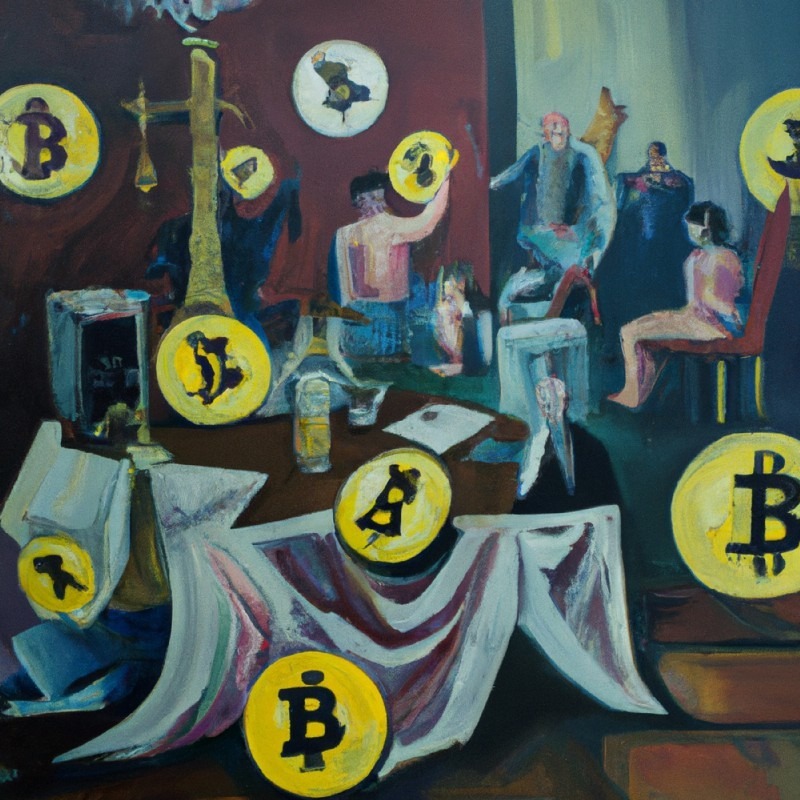Tag Archive for: Blockchain
“Tokenizing the Future: The Impact of Tokenisation on Finance, Business, and the Economy in the years to come” by Mark M. Whelan

The future may be tokenized for a number of reasons. One potential reason is the increasing use of digital currencies and blockchain technology. A token is a digital asset that is built on top of a blockchain, and it can represent a wide range of things, such as a unit of value, a stake in a company, or a representation of a physical asset.
As the use of digital currencies and blockchain technology continues to grow, it is likely that more and more assets will be represented as tokens. This could include everything from money and stocks to real estate and art.
Another potential reason that the future may be tokenized is the increasing prevalence of smart contracts. A smart contract is a digital contract that is built on top of a blockchain and is automatically executed when certain conditions are met. These contracts can be used to automate a wide range of processes, such as buying and selling assets, transferring ownership, and enforcing agreements.
The use of smart contracts could make it easier and more efficient to manage and transfer assets, which could drive the adoption of tokenized assets. This could ultimately lead to a future in which many different types of assets are represented and exchanged as tokens.
To learn more about emerging trends by Mark M. Whelan or his artwork.
Visit Future Center Ventures
“Blockchain Identities: The Future of Digital ID’s and How they’re Changing the Way We Verify and Secure our Online Identities” by Mark M. Whelan

Blockchain identities are digital identities that are stored on a blockchain, a decentralized, distributed ledger that is used to record transactions and other data. A blockchain identity typically consists of a public key, which is used to identify the user, and a private key, which is used to sign transactions and provide proof of ownership of the identity.
One of the main benefits of using blockchain identities is that they are decentralized, which means that they are not controlled by any single authority or entity. This allows users to have greater control over their own identities and reduces the risk of identity theft or fraud.
Another key advantage of blockchain identities is that they are immutable, which means that once they are recorded on the blockchain, they cannot be changed or altered. This provides a high level of security and ensures that the identity of a user is verifiable and trusted.
Here are a few examples of the potential applications of blockchain identities:
- In online banking, a user could use a blockchain identity to securely access their bank account and make transactions without having to provide sensitive personal information to the bank.
- In online voting, a blockchain identity could be used to verify the identity of a voter and ensure that each person can only vote once.
- In supply chain management, a blockchain identity could be used to track the origin and movement of goods and to ensure that they are not counterfeited or tampered with.
- In social media, a blockchain identity could be used to verify the identity of a user and to prevent the spread of misinformation or fake news.
Overall, blockchain identities have the potential to provide a secure and decentralized way to verify the identity of users and to ensure the integrity of online transactions. As the use of blockchain technology continues to grow, we can expect to see more and more applications of blockchain identities in a variety of different fields.
To learn more about emerging trends by Mark M. Whelan or his artwork.
Visit Future Center Ventures
